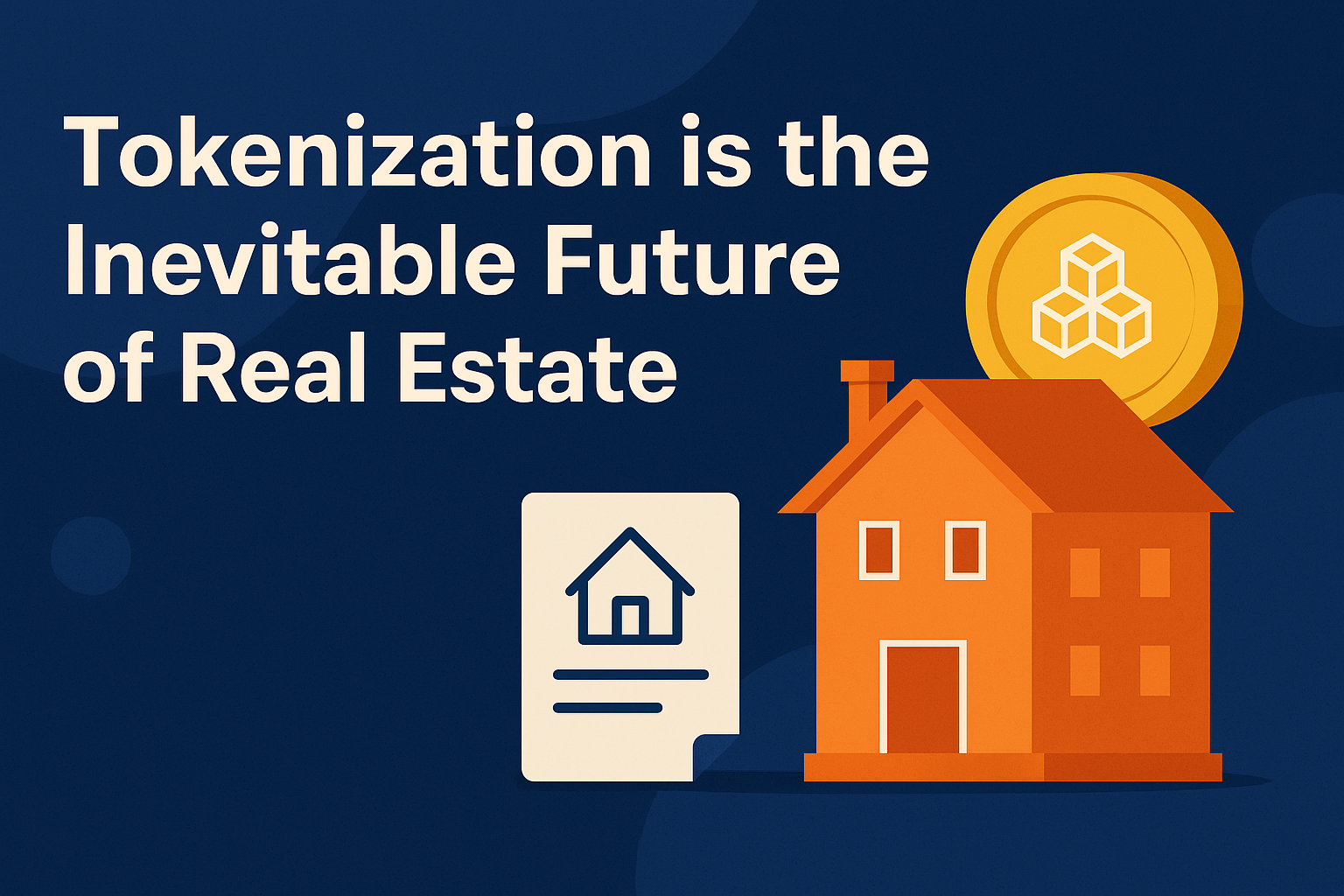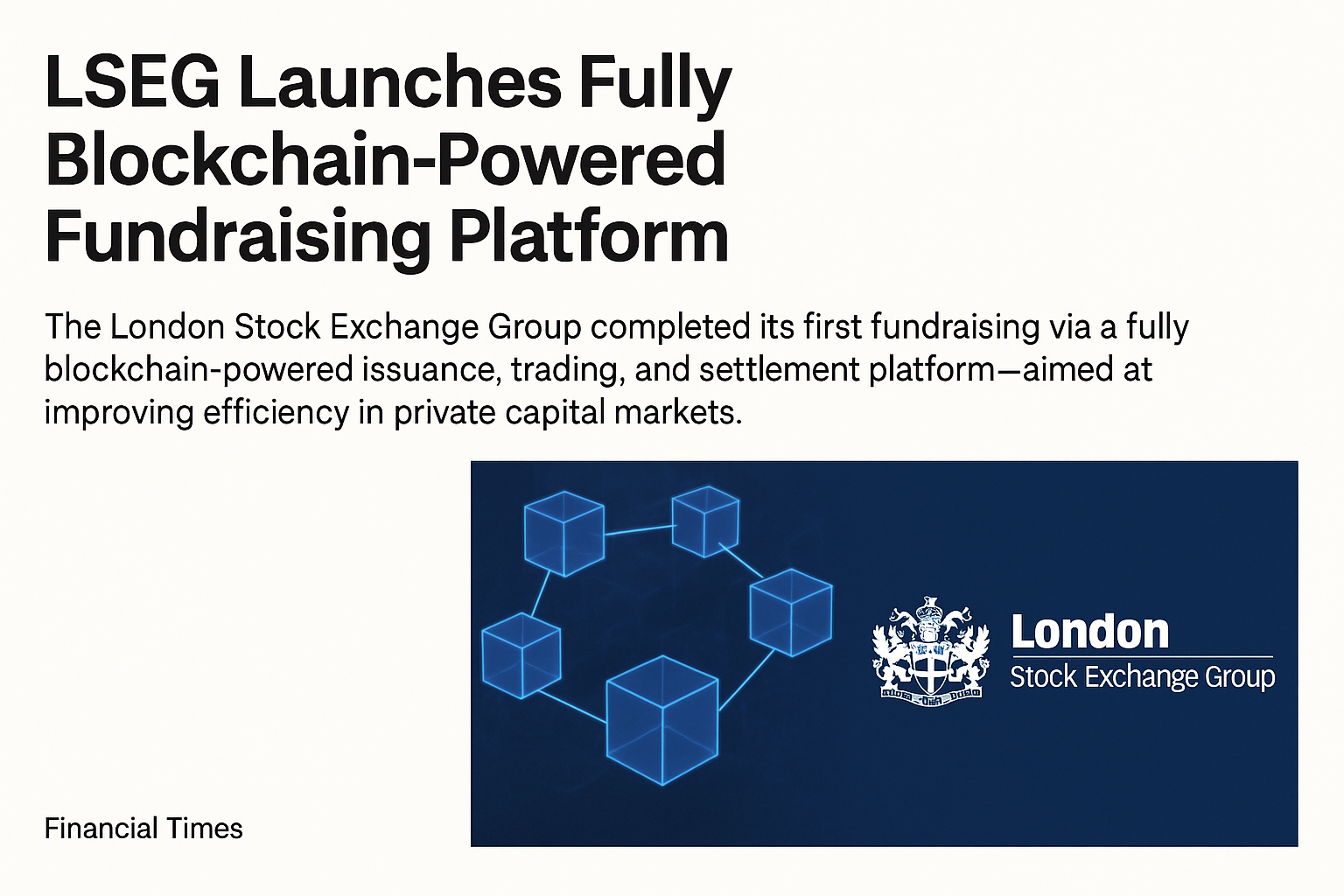Real estate, one of the world’s oldest and most valuable asset classes, is undergoing a digital transformation and at the center of this evolution is tokenization. By leveraging blockchain technology, property rights can now be represented as digital tokens, unlocking unprecedented efficiency, accessibility, and liquidity in the real estate market.
What is Tokenization?
Tokenization is the process of converting ownership rights in an asset into a digital token on a blockchain. In real estate, this means creating tokens that represent shares in a property or portfolio, enabling fractional ownership and seamless peer-to-peer transfers. These tokens are secure, programmable, and traceable, which significantly reduces administrative overhead and intermediaries.
Breaking Barriers in Real Estate Investment
Traditional real estate investing comes with a high barrier to entry. Investors often need large sums of capital, face illiquidity, and deal with complex paperwork and long transaction times. Tokenization solves many of these challenges:
-
Fractional Ownership: Investors can buy small portions of a property, opening the market to a broader pool of participants.
-
Improved Liquidity: Tokenized assets can be traded on digital asset marketplaces, allowing investors to exit their positions more easily.
-
Faster Transactions: Blockchain automates verification and transfers, drastically reducing the time required to close deals.
-
Transparency and Security: Smart contracts enforce rules and record every transaction immutably, minimizing fraud and errors.
Global Impact and Use Cases
Real estate tokenization is not a theory it’s already happening. From luxury apartments in New York to resort properties in the Caribbean, companies are tokenizing real-world assets and offering them to investors across the globe. Regulatory frameworks are gradually adapting, and major financial institutions are exploring compliant tokenized offerings.
Some of the most promising use cases include:
-
Commercial Real Estate Funds
-
Residential Property Shares
-
Real Estate Investment Trusts (REITs) on Blockchain
-
Rental Income Distribution via Smart Contracts
As blockchain technology matures and regulations evolve, tokenization will become the standard model for property investment and ownership. It will reduce friction in global real estate transactions, make markets more inclusive, and give rise to a new class of digital real estate products.
Tokenization isn’t just a trend it’s the inevitable future of real estate.




